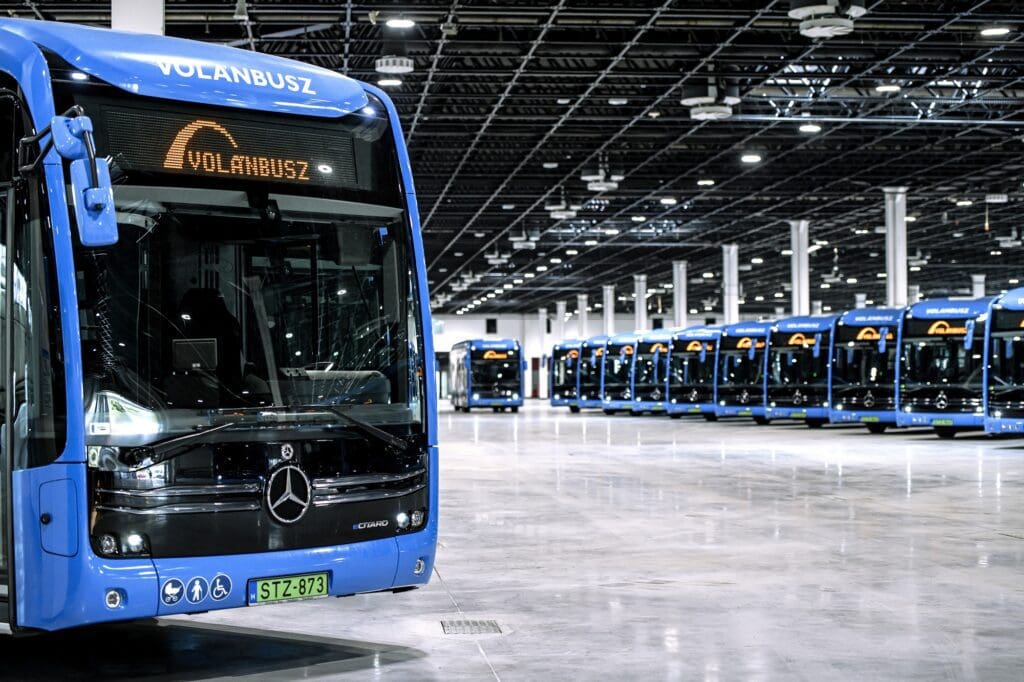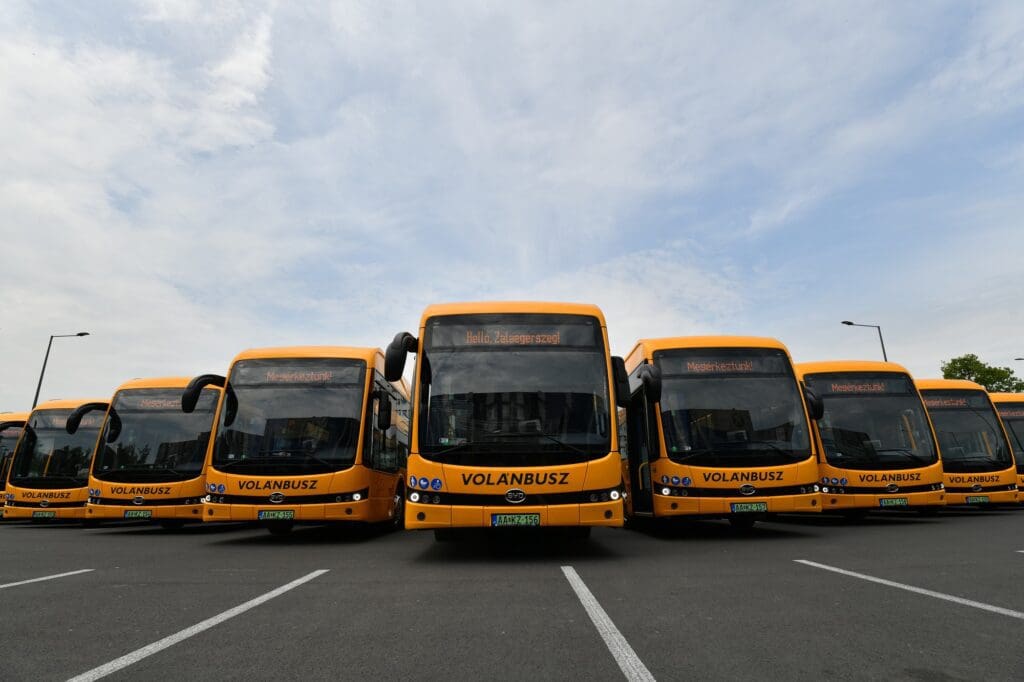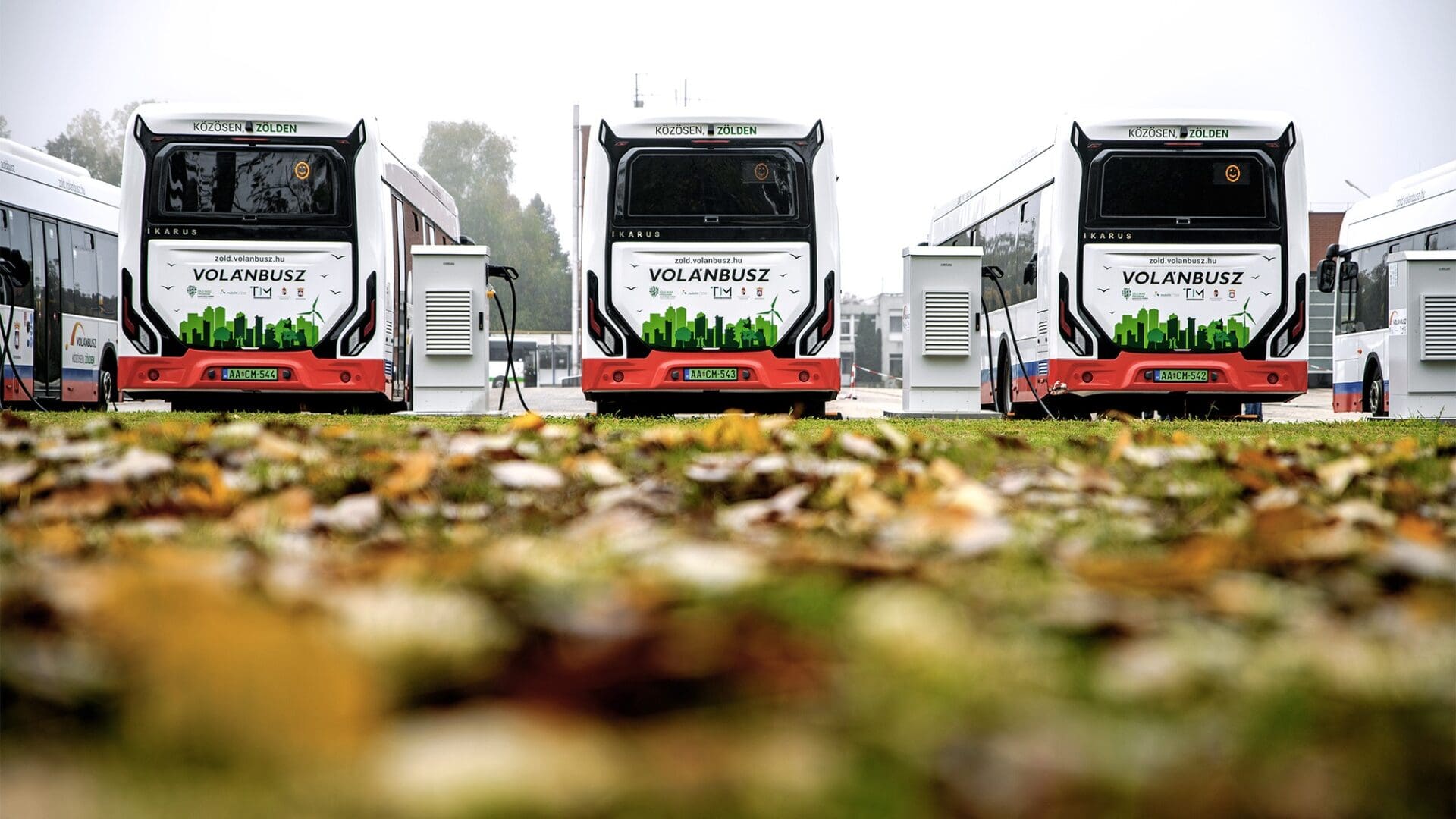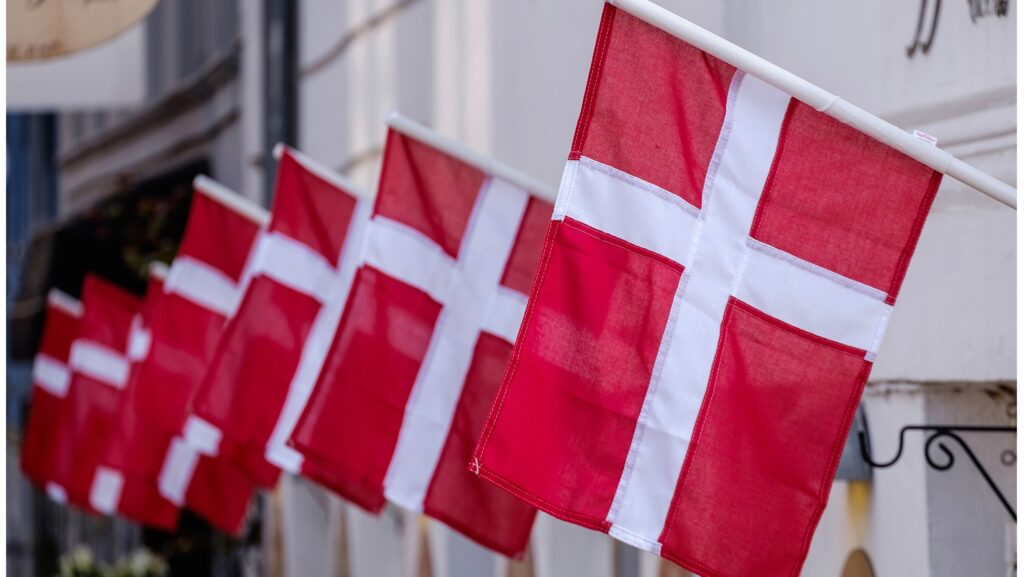The eco-friendly, electric fleet of Volánbusz has significantly expanded over the past year and a half, with the inter-city bus services company introducing a total of 100 new electric buses into service with the support of the HUMDA Zrt. Green Bus Programme. Thanks to the investment amounting to 17.8 billion forints a substantial part of the vehicle fleet in the Budapest agglomeration and six county capitals has been renewed, resulting in a reduction of harmful emissions in the affected areas, the company stated in a press release on Tuesday.
The bus fleet development, realised with the assistance of the Hungarian Motorsport and Green Mobility Development Agency’s (HUMDA) Green Bus Programme, was carried out jointly by Volánbusz, the MVM Group, and Mobiliti Volánbusz Ltd. HUMDA considers it highly important that, in line with the government’s goals,
Hungary becomes a net-zero carbon country by 2050,
and their coordinated Green Bus Programme contributes significantly to achieving this. The programme is essentially aimed at setting new and significant long-term tasks to renew public transportation, shaping the agency’s activities. With nationwide coverage, Volánbusz aims to create sustainable public transportation by replacing approximately half of its nearly 6,000 buses with electric vehicles by 2030. To achieve that, the transportation company seeks partner collaborations that facilitate the realisation of medium and long-term plans.

Volánbusz and its consortium partner, Mobiliti Volánbusz, submitted several successful applications to the Green Bus Programme to procure 100 electric buses and the associated charging facilities. The transportation company signed an agreement for the delivery of the first forty buses on 27 July 2021, and for the purchase of an additional 60 e-buses on 1 April 2022. These vehicles enhance passenger transportation services in the Budapest agglomeration, as well as in Székesfehérvár, Zalaegerszeg, Győr, Eger, Szolnok, and Szeged, contributing to the establishment of sustainable public transportation.
In the Budapest agglomeration—in the area of Budakeszi, Budaörs, and Törökbálint—40 electric buses have been in operation since the spring of 2022, greenifying the vehicle fleet with an investment worth about 7.6 billion forints.
Approximately 90 per cent of the buses in the agglomeration are of alternative drive, with an average age of 1.7 years.
Since their introduction, the e-buses in the agglomeration have covered approximately 2.5 million kilometres.

The local bus fleets of six county capitals have also seen significant rejuvenation and modernisation with the addition of electric buses. In Székesfehérvár, between July and October 2022, 12 electric buses were put into service, and since then, the vehicles have covered nearly 600,000 kilometres, offering quiet, comfortable, and eco-friendly travel options to the residents of the city. The investment value of this development is 1.96 billion forints.
In the final stage of the project, in May and June 2023, a total of 48 electric buses arrived in five county capitals: 11 in Zalaegerszeg, 13 in Győr, six in Eger, ten in Szolnok, and eight in Szeged.
These recent additions renewed nine to 39 per cent of the big cities’ fleets and significantly reduced the average age of the local vehicle inventory. The value of the acquisition of these buses and charging facilities amounted to a net 7.7 billion forints. In Zalaegerszeg, the local routes, including the e-buses, can be used with both national and county passes. The 48 e-buses have covered more than 130,000 kilometres in the five settlements in recent weeks.
The energy supply for Volánbusz’s electric buses is provided by charging facilities installed by the joint venture of MVM Mobiliti Ltd. Volánbusz, and Mobiliti Volánbusz Ltd. During the recently concluded project, MVM Mobiliti played an important role by installing charging stations for e-buses nationwide, significantly contributing to reducing harmful emissions and fossil fuel consumption in transportation.
By replacing diesel-powered vehicles, Volánbusz’s electric fleet eliminates approximately 5,500 tonnes of carbon dioxide annually,
equivalent to the annual carbon dioxide emissions of 2,000 passenger cars.
In addition to installing nearly 100 high-performance electric charging stations, Mobiliti Volánbusz operates the charging infrastructure that serves the electric buses.
Read more:
Source: Hungarian Conservative/Volánbusz Ltd.








